
MANDAÏ DISTRIBUTION - independent music distributor
Copyright : 2002-2026
| SEARCH | |
| BROWSE BY | |
|
- Artists - Labels - Formats - Styles - Mid prices - Last items - LP - 10in - 7in - Mandaï Gift Vouchers |
|
| NEWSLETTER | |
|
- Subscribe |
|
| LOGIN | |
|
Sign in or Register. |
|
| CONCERTS | |
| 27/02/2026 Louca, Maurice @ L'Ancienne Belgique | |
| 28/02/2026 Mmuurr @ Le Laboratoire | |
| 06/03/2026 Wild Classical Music Ensemble @ Les Ateliers Claus | |
| 07/03/2026 The Scrap Dealers @ La Zone | |
| 27/03/2026 Lean Left @ Blikfabriek | |
| 28/03/2026 Mmuurr @ Rockerill | |
| More concerts ... | |
| NEWS | |
| 19/02/2026 Dazzling Killmen euro tour announced ! | |
| 13/02/2026 Point Line Plane (Skin Graft Records / US) is back on the tracks - CD available. | |
| 12/02/2026 We're taking preoerder for Aymeric Leroy's book to be published on Cuneiform Records. | |
| 04/02/2026 New releases uploaded ! | |
| More news ... | |
| FEEDBACKS | |
|
a... (Netherlands) Excellent ,fast dispatch with courier se... |
|
|
U... (Italy) Super nice people, fast and caring servi... |
|
|
d... (Belgium) All excellent... |
|
| More feedbacks ... | |
| DESCRIPTION | ||
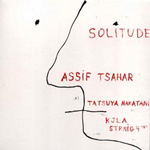 | V/A A. Tsahar / T. Nakatani / Kjla String 4tet : Solitude Label : Hopscotch Records Year : 2006 Format : CD Style : Free Jazz Availability : In stock Price : 14.80 € - BUY | |
| Description : | Solitude, a set of fairly free jazz by multi-reeds player Assif Tsahar, unobtrusive percussionist Tatsuya Nakatani and string quartet, is surprisingly easy to listen to, but difficult to assess. Each time a group creates a performance like this, they're attempting to create a language from whole cloth. Free jazz is demanding because it's teaching us a language we don't know, using only that language. When it's successful, as in this case, it's strangely beautiful, of course. Then again, how do we know it's successful? How do you judge the eloquence of someone who's speaking a language you're hearing for the first time? Well, that's not the real aesthetic question posed by Tsahar and company. No, the very effort of free playing is meant to illustrate how much of our communication (in music, in everyday life) rests on a set of conventions and pat phrases. These conventions might be useful shorthand, free jazz says, but the danger is that our communication degenerates to pure convention that bears no genuine content. We speak, but we don't say anything. When that happens, free jazz says, it's time to start from scratch. And yet, it's not exactly from scratch. These guys have been at it—the saxophone declaiming plaintively over strange pulseless string harmonies—for forty years now. Not these guys of course, but their brethren (Albert Ayler in the '60s, AACM in the '70s, Henry Threadgill in the '80s...). Indeed, there are now a few common building blocks for these radical new languages and they are, if not new conventions yet, reassuringly familiar nevertheless. Some of these strategies are deployed by Tsahar and Nakatani here. One is to take this difficult material at a slow speed and reasonably low volume. You are at leisure to pick out the elements of the cacophony, you almost have time to ascribe meaning to the new vocabulary. The Solitude group builds several pieces in the early part of the disc in this fashion, picking up the tempo and introducing slightly more raucous elements only later, after the listener is habituated to the new sound universe. A second strategy is a fetishism for milking unconventional sounds from their instruments, particularly the strings: scraping across their ridges, evoking ghostly harmonics, each player striking notes just microtones apart from one another. Another is the rigorous avoidance of any regular rhythmic signature (the beat is perhaps the ultimate musical convention), but with the individual voices fitted together as carefully as on any James Brown record. The uncompromising nature of this music is very nearly betrayed by, of all things, a Duke Ellington cover (the title track of the record). But perhaps the presence of Solitude merely indicates that some elements of the old language will be preserved in the new. J. Dayton Johnson. | |
| BEST SELLING | |||

DE MACHAULT, GUILLAUME (BY MICHAEL|LE GREBIL LIBERG) L'Ymage (2xLP) - 38.20 € Sub Rosa |
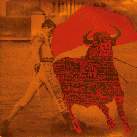
U.S. MAPLE Long Hair In Three Stages (LP) - 29.40 € Skin Graft Records |
||

YOWIE Taking Umbrage (LP) - 29.90 € Skin Graft Records |
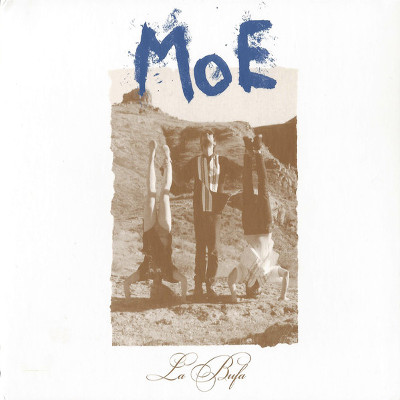
MOE La Bufa (LP) - 16.60 € Conrad Sounds |
||
| NEW RELEASES | |||
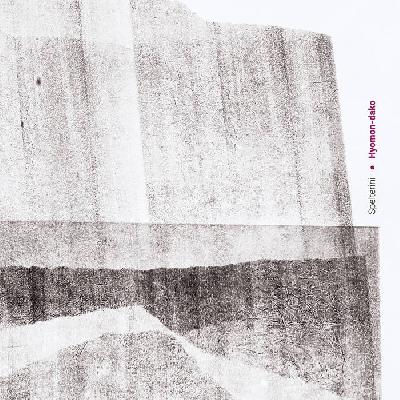
SPELTERINI Hyomon-Dako / Magnésie (LP) - 28.90 € Kythibong Records |

UNIVERS ZERO Uzed (CD) - 14.50 € Sub Rosa |
||

V/A Dead / MoE (7in) - 6.20 € Rock is Hell Records |
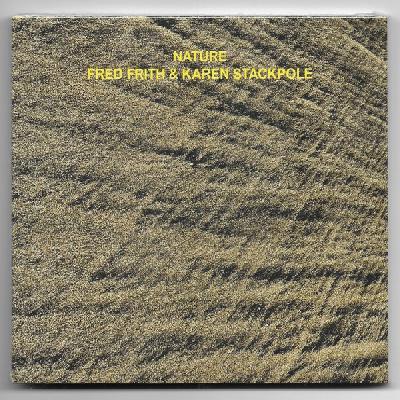
V/A Fred Frith + Karen Stackpole : Nature (CD) - 14.90 € Sub Rosa |
||
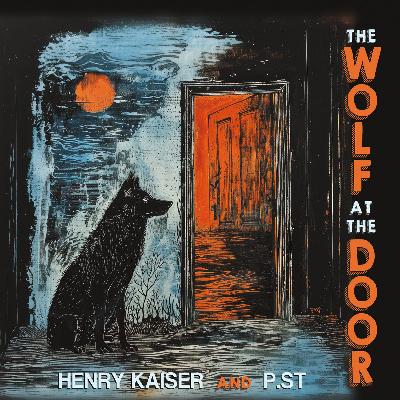
KAISER, HENRY (AND P.ST) The Wolf at the Door (2xCD) - 16.60 € Sub Rosa |
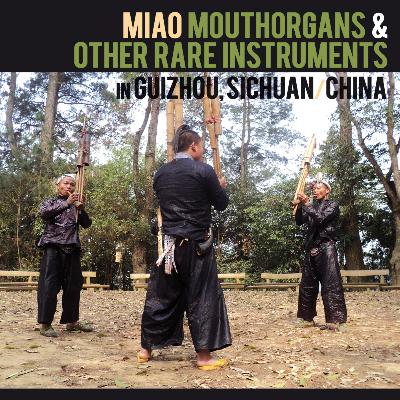
V/A Miao Mouthorgans & other rare instruments : in Guizhou, Sichuan, China (LP) - 17.60 € Sub Rosa |
||
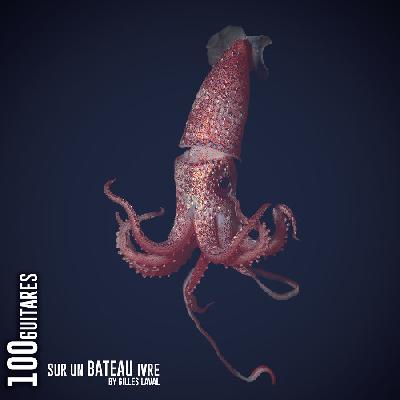
LAVAL, GILLES 100 Guitars on a Drunken Boat (CD) - 14.70 € Cuneiform Records |

ATHERTON, MARIUS Music for a While (LP) - 18.60 € Cheap Satanism Records |
||
| -MORE NEW RELEASE- | |||